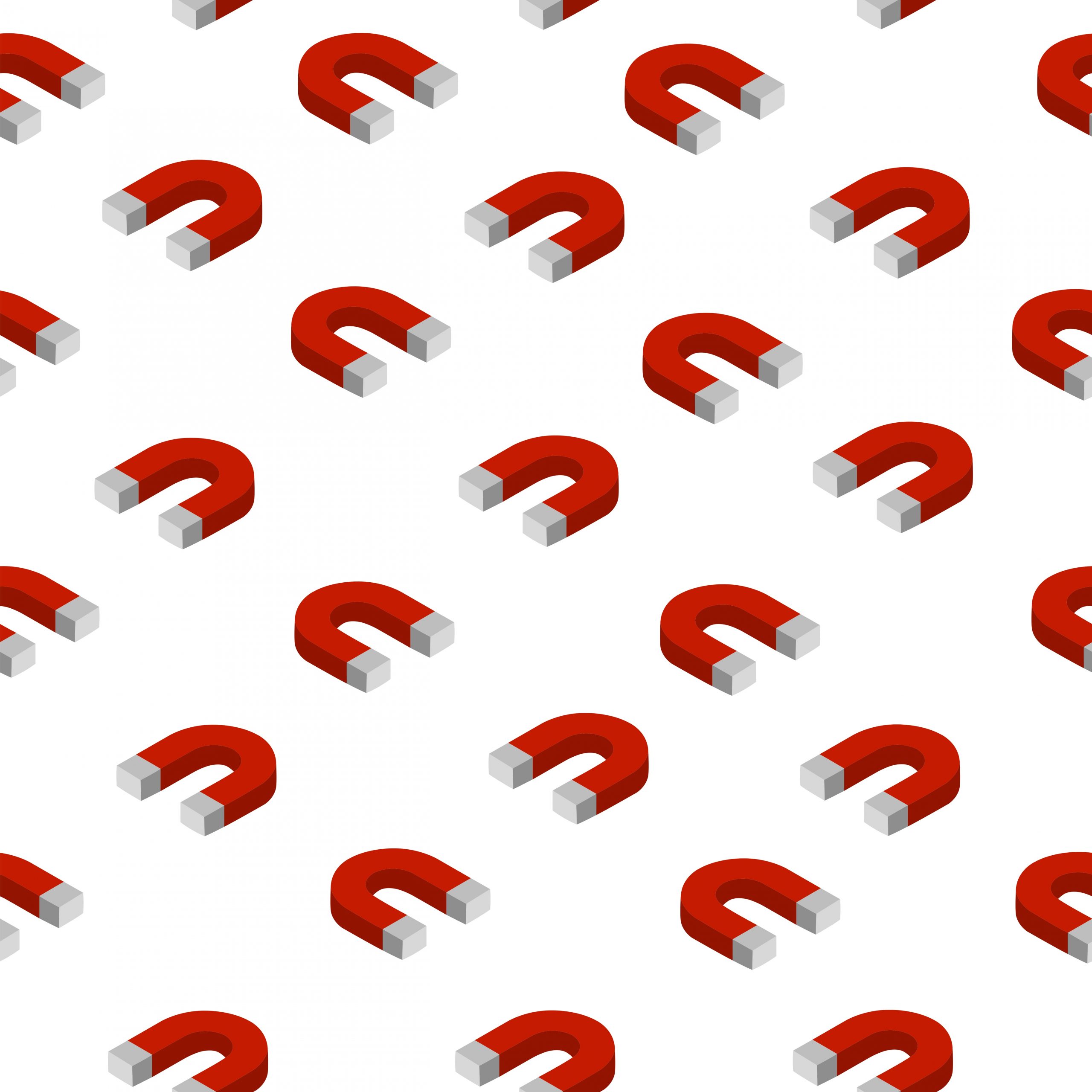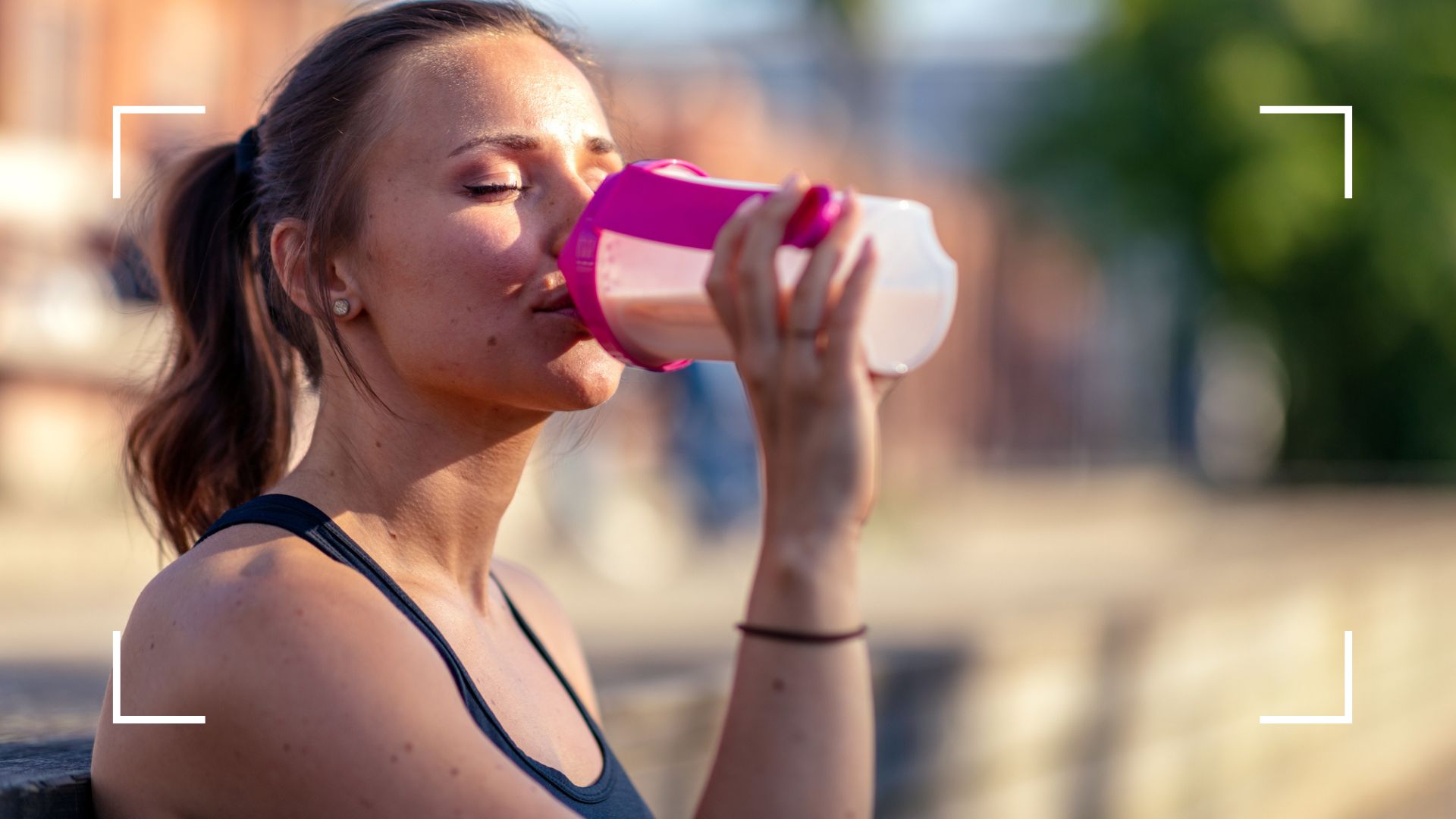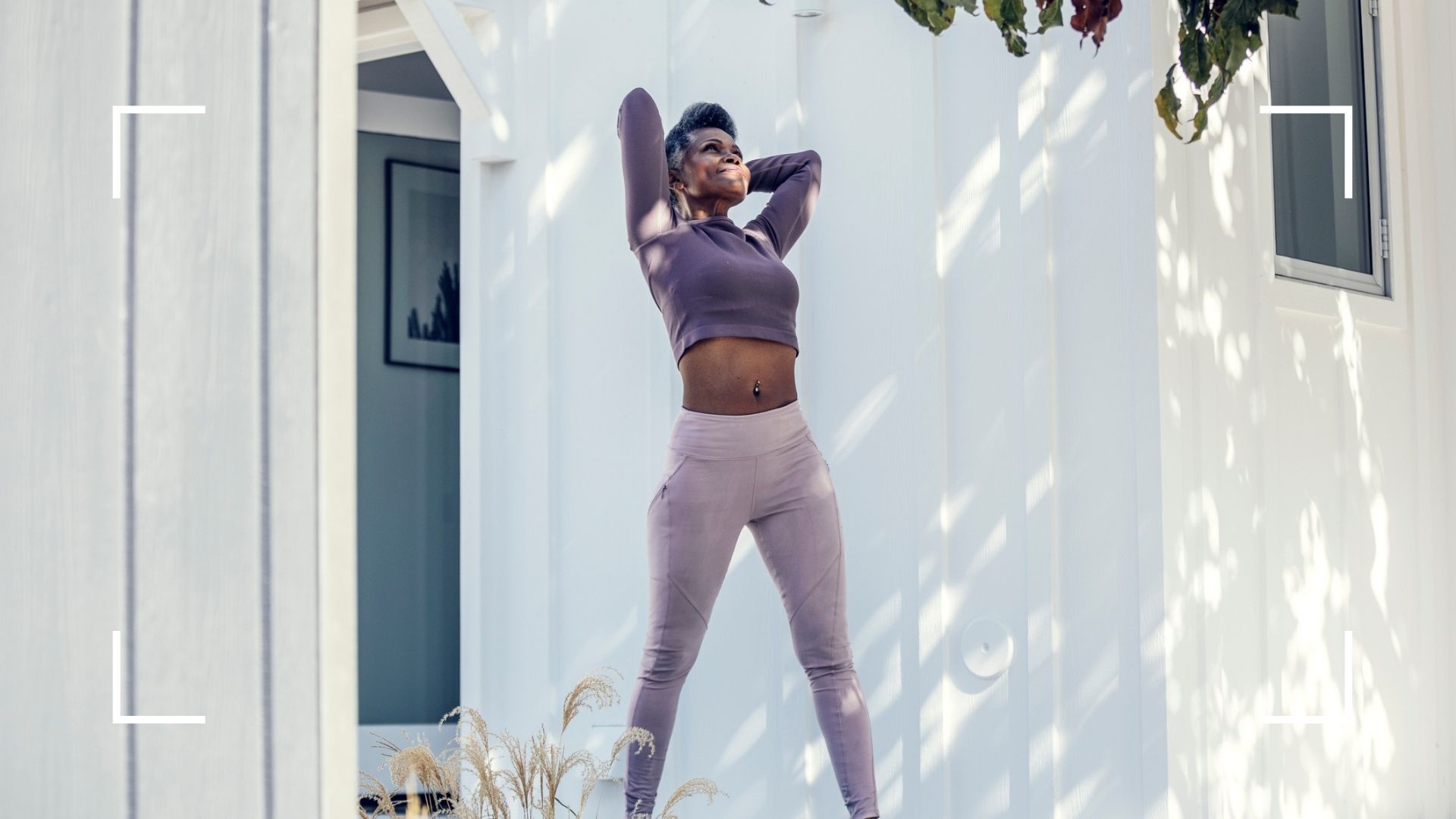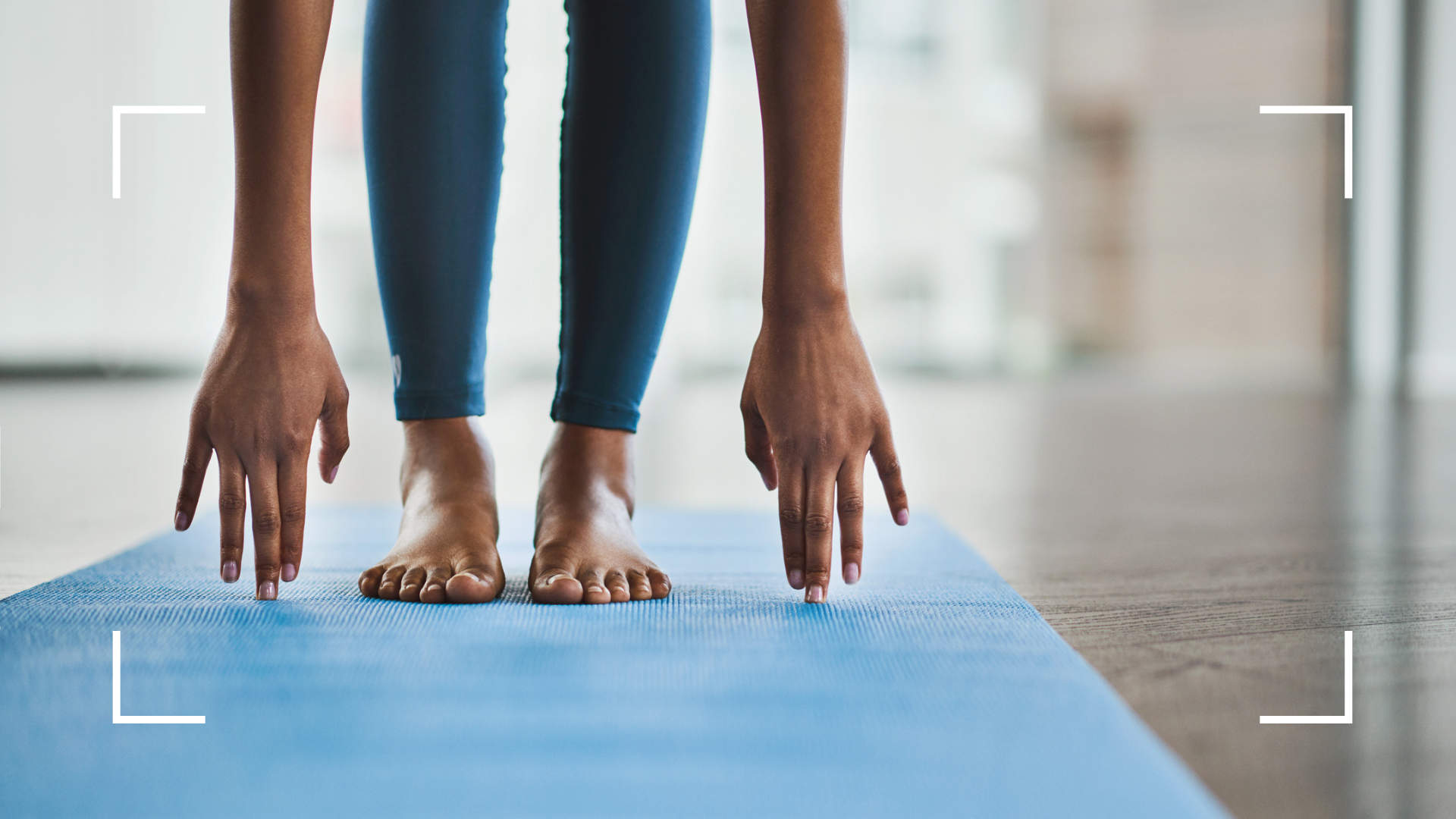Menopause magnets: what are they and do they really help ease menopause symptoms?
Menopause Magnets are said to ease menopause symptoms - in particular, hot flushes. But do they work? We investigate the evidence...


Menopause magnets are growing in popularity thanks in part to the allure of a hormone-free way to treat some of the most debilitating symptoms of menopause.
Magnets have been used to treat painful conditions since Ancient Egypt, though using them to combat menopausal symptoms is a relatively new phenomenon.
LadyCare are the British brand behind the leading menopause magnet on the market, the LadyCare Menopause Magnet. According to the magnet's creators, LadyCare Lifetime Limited, 71% of women who tried it out found it helped them cope with hot flushes.
But how exactly do menopause magnets work? Do they work? Are claims by brands such as LadyCare substantiated and - most importantly - are menopause magnets safe?
What actually are magnets for menopause?
Menopause magnets are magnetic devices designed to be fixed onto the front of your underwear. They're drug-free and marketed as an effective, natural alternative to HRT - though there is not yet any scientific or medical evidence to support this claim.
What does a menopause magnet do?
LadyCare, one of the leading manufacturers of menopause magnets, claims to reduce or eliminate menopausal symptoms. These symptoms include hot flushes, water retention and bloating in perimenopausal and postmenopausal women. It also claims to help mood swings, anxiety, irritability, menopausal weight gain, memory lapses and fatigue, according to the product's description on Amazon.
How do menopause magnets work?
Menopause magnets are said to work by balancing the activity of the two branches of the autonomic nervous system (ANS).
Sign up for the woman&home newsletter
Sign up to our free daily email for the latest royal and entertainment news, interesting opinion, expert advice on styling and beauty trends, and no-nonsense guides to the health and wellness questions you want answered.
More precisely, they're said to reduce excessive sympathetic nervous system (SNS) activity and increase parasympathetic nervous system (PNS) activity. The SNS and PNS work together to regulate the activity of every organ system in the human body. However, hormonal changes around the time of the menopause can affect their equilibrium. This can cause SNS activity to increase at the expense of PNS activity.
The LadyCare Magnet's creators claim that it is this kind of imbalance which underlies many of the most common symptoms of menopause - the dreaded hot flushes. The SNS activates our ‘fight or flight' responses, increasing heart rate and body temperature.
The PNS should regulate SNS activity. However, if hormonal balance is disturbed, the SNS may rule relatively unchecked. The LadyCare Menopause Magnet claims to boost PNS activity whilst curtailing SNS activity. Though it's worth noting these claims haven't been medically or scientifically proven.
Do menopause magnets really work?
The National Center for Complementary Health (NCCIH) state that magnets used in this way don't work. And various medical research papers published in 1976, 2007 and 2013 found magnets to be ineffective at treating pain and symptoms of illness. No specific research into menopause magnets has been conducted, but evidence suggests that they too would not work.
However, LadyCare, the menopause market leader, has received mixed reviews.
In 2014 Belinda Carlise told the Daily Mail that although she was sceptical, “Within 48 hours, I went from having 30 to 40 hot flushes to having none at all. I felt like the old Belinda again — in fact better than that”
But, Dr Jen Gunter wrote a scathing review of the LadyCare Menopause Magnet onher health blog. She claimed that there is 'no evidence they do anything but lighten your wallet'.
Worryingly, in 2014 LadyCare Lifetime Limited was listed as a non-compliant advertiser with the ASA and CAP due to misleading claims in an advertorial in the Daily Express.
A official statement from the ASA read, 'The ASA investigated whether LadyCare Lifetime Limited could substantiate efficacy claims for the LadyCare magnet in an advertorial published in the Daily Express. The advertorial claimed that the product was a natural solution to relieving the menopause and the symptoms of menopause.
'The ASA considered that the advertorial misleadingly implied adequate objective evidence existed to substantiate claims that LadyCare could contribute to relieving the symptoms of menopause.'
But what about those who have tried the product?
For many LadyCare owners, the user experience has been disappointing.
'It didn't work at all for me. Everyone's unique of course, but I've done everything to alleviate my menopause symptoms including acupuncture and nothing works, so I've succumbed to HRT', wrote one Gransnet user. 'I tried it a few years ago. I didn't notice any benefit at all,' said another.
MORE:Lightweight summer sleepwear that’s also great for menopausal women
TV presenter Yvette Fielding appeared on Lorraine last year, discussing how the menopause has affected her. While Yvette revealed she had tried the menopause magnets, unfortunately they didn't work for her. "You clatter when you walk!" She exclaimed. Followed with, "It didn't work."
Other reviews have been more positive.
'I bought one approx 6 months ago best thing I ever did. I was told that it could take weeks to work. But it worked straight away the first week,' wrote one user onMumsNet.
MORE:Perimenopause symptoms: key signs and how it differs from the menopause
'Works brilliantly for me, placebo or not!' wrote another.
Are menopause magnets safe?
Although there has been no evidence to say that menopause magnets could cause harm, we would suggest approaching the device with caution and to seek medical advice first.
Always consult your doctor before reducing/coming off HRT and if you have a pacemaker, insulin pump or other internal device. NICE reports menopause magnets are not recommended if you've been diagnosed with breast cancer.
Lauren is the former Deputy Digital Editor at woman&home and became a journalist mainly because she enjoys being nosy. With a background in features journalism, Lauren worked on the woman&home brand for four years before going freelance. Before woman&home Lauren worked across a variety of women's lifestyle titles, including GoodTo, Woman's Own, and Woman magazine.
-
 Unforgettable date ideas to make a great first impression or rekindle romance
Unforgettable date ideas to make a great first impression or rekindle romanceForget the same old first date formula - these unforgettable date ideas will leave them thinking about you long after you go home
By Natalie Denton Published
-
 Butter yellow might be the colour of the season, but Amal Clooney is making me want to try sunshine shades
Butter yellow might be the colour of the season, but Amal Clooney is making me want to try sunshine shadesSpark some joy by adding some statement yellow pieces to your wardrobe just in time for summer
By Matilda Stanley Published
-
 5 sexperts share their secrets to better sex for mature women
5 sexperts share their secrets to better sex for mature womenThese women know how to put the va-va-voom back into the bedroom… possibly even the kitchen! Here's what we've learned from them
By Kim Willis Published
-
 Can menopause cause a loss of taste and smell? Plus, 6 other signs of menopause you might not expect
Can menopause cause a loss of taste and smell? Plus, 6 other signs of menopause you might not expectCan menopause cause a loss of taste and smell? It's more than just colds and flu that can change our tastebuds
By Emily Smith Published
-
 The health benefits of protein powder for women, according to a nutritionist
The health benefits of protein powder for women, according to a nutritionistWe've got the scoop on the benefits of protein powder when it comes to your health
By Lucy Gornall Published
-
 Wondering if you're postmenopausal? These are 9 ways your body changes post-menopause
Wondering if you're postmenopausal? These are 9 ways your body changes post-menopauseThese are the body changes you can expect if you're postmenopausal
By Lauren Clark Published
-
 Can you get pregnant during perimenopause? Here’s how your fertility changes from your 40s
Can you get pregnant during perimenopause? Here’s how your fertility changes from your 40sIf you’re wondering can you get pregnant during perimenopause, we’ve got the expert verdict
By Lauren Clark Published
-
 What are the main menopause symptoms? Find out the signs and when to see your doctor
What are the main menopause symptoms? Find out the signs and when to see your doctorA team of experts outline common menopause symptoms and how to deal with them
By Stacey Carter Published
-
 Here's how to tell whether you're experiencing menopausal weight gain—and what to do about it
Here's how to tell whether you're experiencing menopausal weight gain—and what to do about itIf menopausal weight gain is knocking your confidence, this is everything you need to know...
By Lauren Clark Published
-
 How to calm down hot flushes if you are going through the menopause
How to calm down hot flushes if you are going through the menopauseHot flushes are thought to be caused by hormonal fluctuations—these are the best ways to ease them...
By Lauren Hughes Published